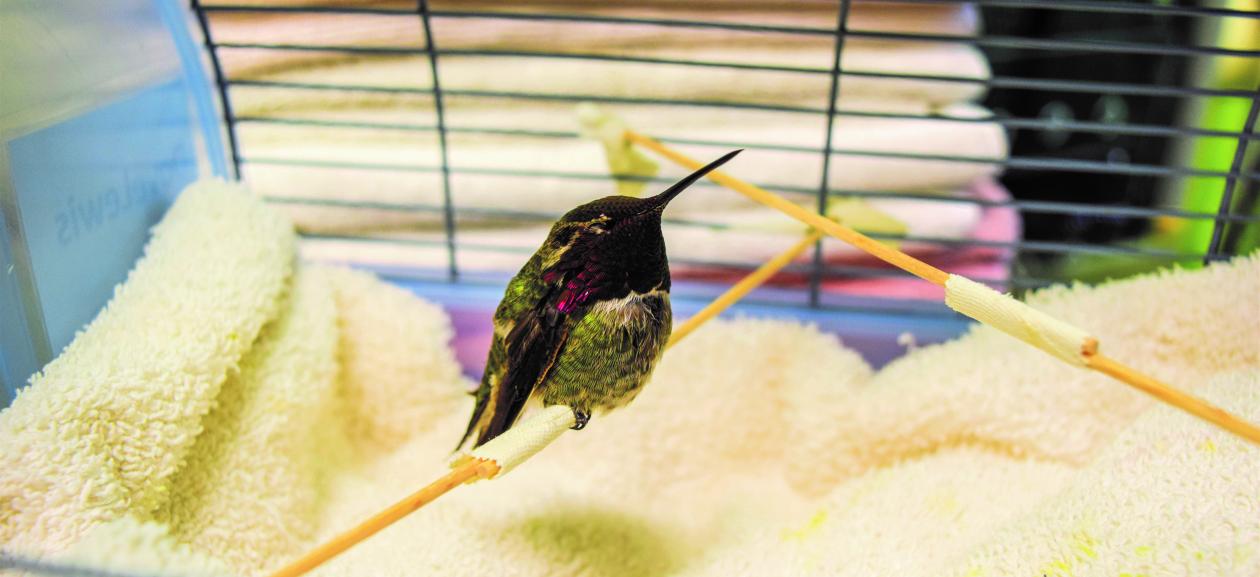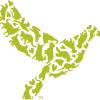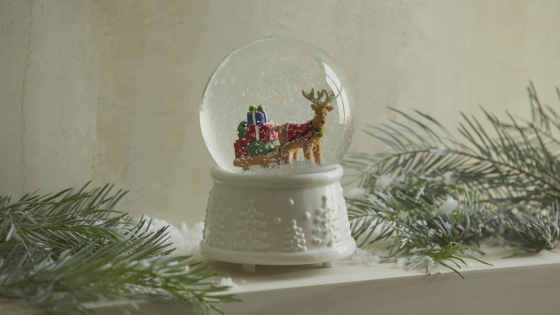
What Should You Do if You Find a Wild Animal?
During the warmer spring and summer months, DoveLewis sees an increase in injured or sick wildlife cases. Thanks to the donor-funded Stray Animal & Wildlife Program, good Samaritans and first responders bring thousands of sick or injured wild animals to DoveLewis every year for emergency stabilization.
However, it’s common for young wildlife to be mistaken as sick, injured, or abandoned, leading well-intentioned people to remove the healthy animal from their homes. “When you find a young animal alone, it does not always mean it needs to be rescued,” says DoveLewis’ exotics-focused veterinarian Dr. Kelly Flaminio. “The parents are usually nearby or will leave their young alone for long stretches at a time.”
DoveLewis is urging the animal-loving community to leave young wildlife alone if they appear healthy.
“We need your help to make sure our wildlife is not being disturbed unless medically necessary. These tips are a small way to support these beautiful animals.” says Dr. Flaminio.
What exactly should you do if you find an injured or sick wild animal?
-
Call the experts. If you find a wild animal, call the Portland Audubon at 503-292-0304 first. Its Wildlife Care Center is open every day from 9 a.m.-5 p.m.. If you come across a sick or injured animal in the evening or on the weekends, call DoveLewis at 503-228-7281 for help on next steps. Factors such as staff capacity and the current avian influenza can impact which animals are able to be cared for.
-
Limit your contact with the animal. Wild animals are terrified of humans. Limit your contact to only what is needed to contain the animal if it is recommended to be transported. This will reduce the amount of stress on the animal.
- Safely contain the animal. If the animal is obviously injured or ill and can be transported safely, find a towel, blanket, or thick gloves to use while handling the animal. “You want to put as much of a barrier between you and the animal as possible. You still don’t know the personality of this animal or how it will react to you coming towards it.” says Dr. Flaminio. Place the animal in any available safe container – a carrier or ventilated box is ideal. Make sure the animal is as comfortable as possible and secure in the container. Many animals, especially small ones, are stunned and will fly or scurry away when they become more alert. It is illegal to attempt to rehabilitate a wild animal on your own.
- Do not give the animal food or water. If their bodies are shutting down or if they are very weak, metabolizing food could kill them. Administrating water can be dangerous because it is easy to aspirate the animal.
For more resources on the next steps to take if you come across a wild animal, visit dovelewis.org or the Portland Audubon website.




